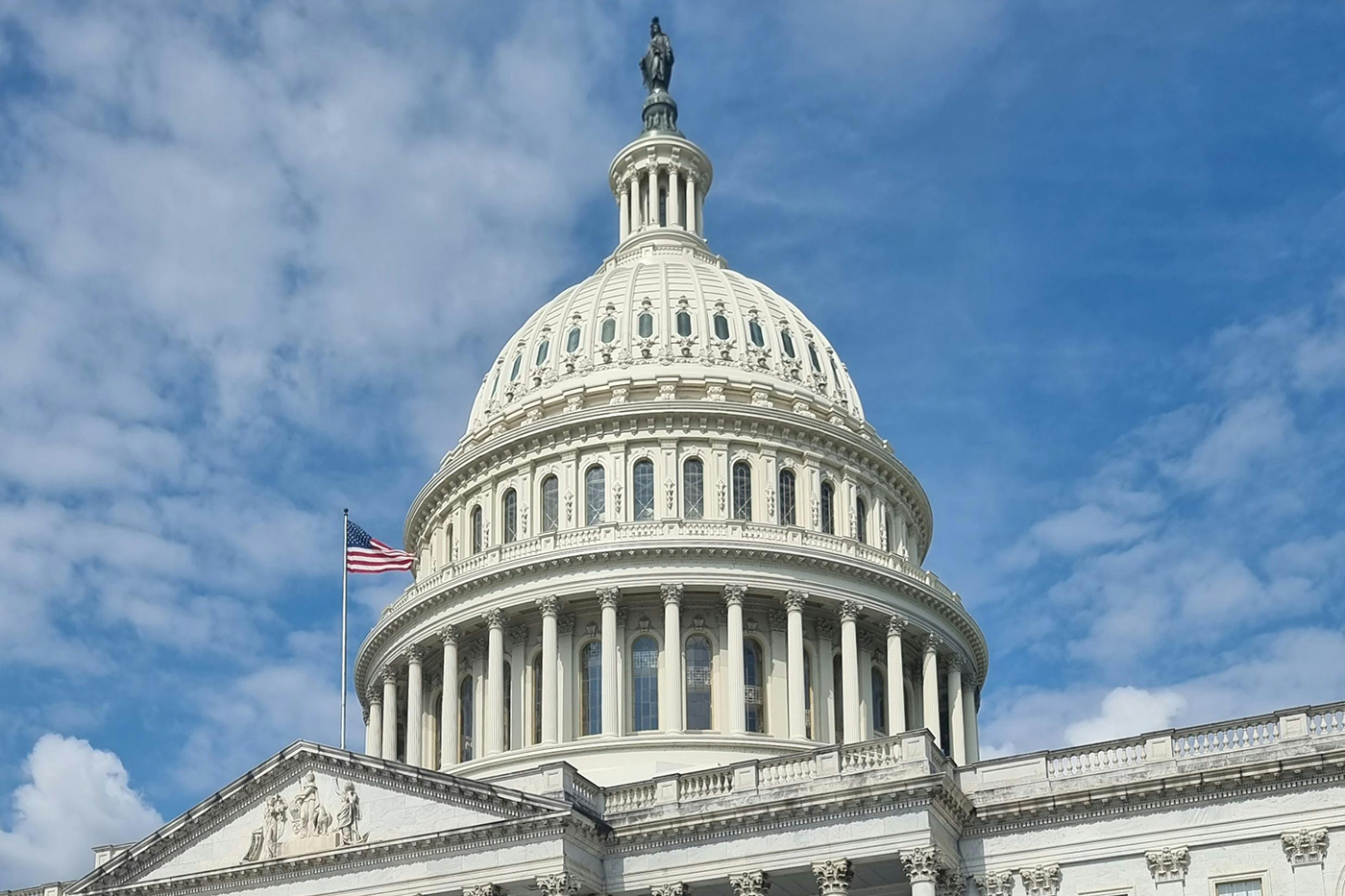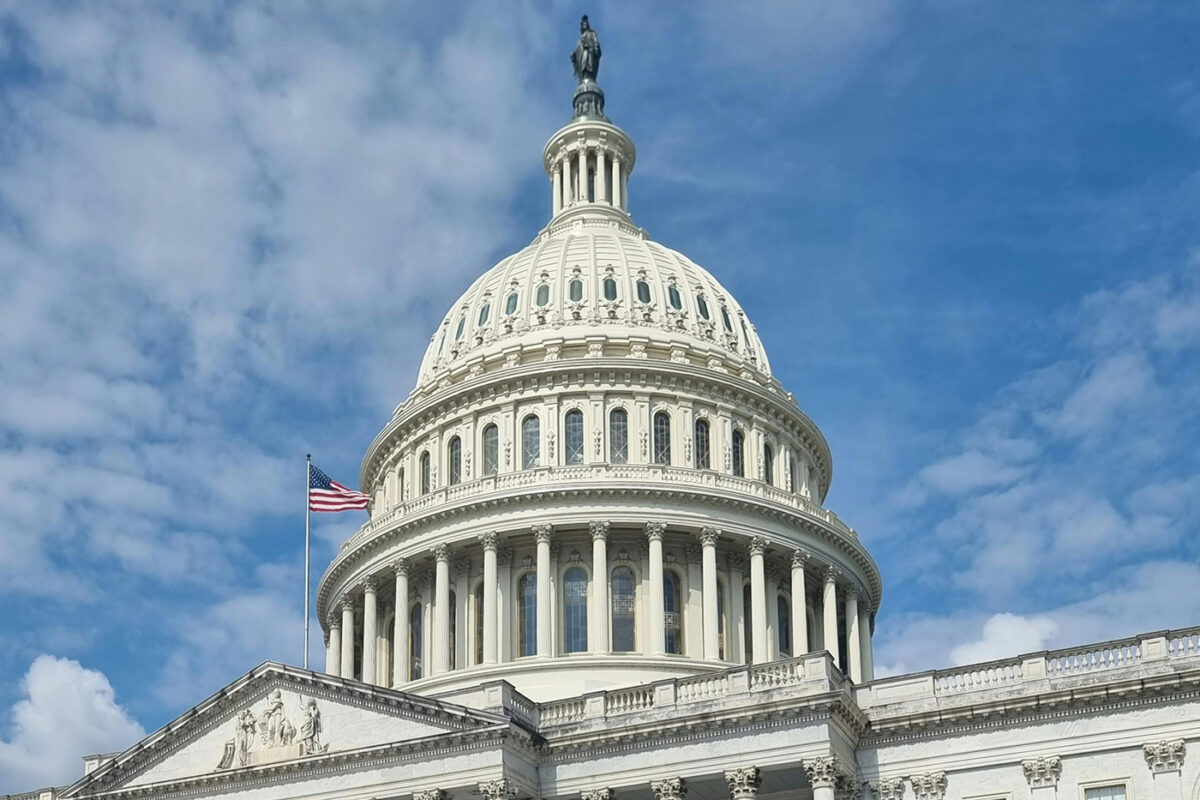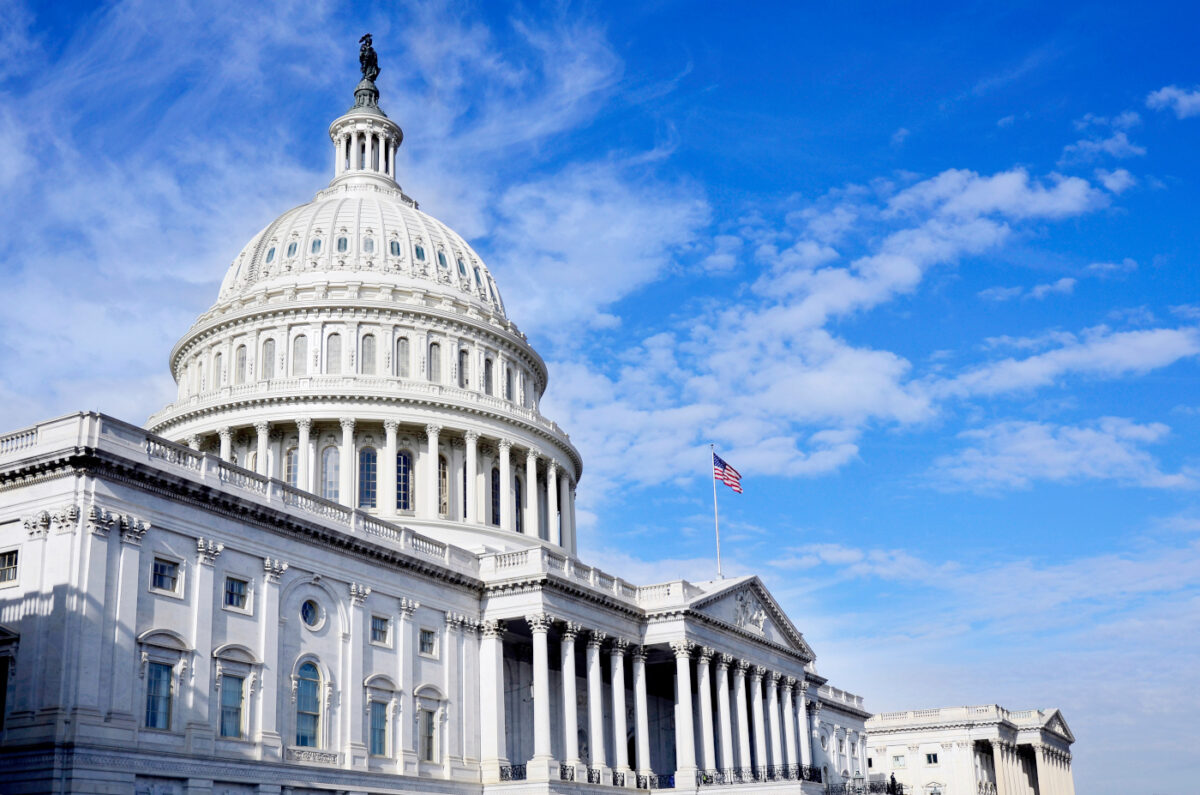
President Donald Trump signed the federal budget reconciliation bill into law on July 4, setting in motion changes to Medicaid and the Health Insurance Marketplace. While some provisions, particularly those directing rural health funding to states, will take effect earlier, many others that may result in coverage losses are delayed by several years. This staggered rollout could create implementation complexities, fiscal uncertainty, and uneven impacts across states and populations.
For Arkansas, where many residents rely on Medicaid and Health Insurance Marketplace coverage, the changes will have significant impacts. Medicaid provisions will affect provider taxes — taxes or fees that states impose on certain healthcare providers — as well as rural health services, Medicaid eligibility, and cost sharing. Changes to the Health Insurance Marketplace will affect premium tax credits, marketplace eligibility, and automatic enrollment.
Here are timelines of the changes:
Timeline of Changes to Medicaid
July 4, 2025
Effective upon enactment of the budget law, states are prohibited from establishing any new provider taxes or increasing the rates of existing provider taxes, which allow states to supplement Medicaid reimbursement rates through federal matching dollars.
October 1, 2025
Unless Congress intervenes, previously delayed cuts to Medicaid Disproportionate Share Hospital (DSH) payments, which help hospitals serving disproportionate shares of low-income patients make up for uncompensated care costs, take effect. The cuts reduce funding to hospitals by $8 billion per year for three consecutive fiscal years (FY 2026-FY 2028).
December 31, 2025
Deadline for the Centers for Medicare and Medicaid Services to approve states’ applications for Rural Health Transformation Program (relief fund) allotments, which total $50 billion. Distribution of allotments will begin in federal fiscal year 2026, which begins October 1, 2025.
January 1, 2027
Deadline for states to implement work requirements. States can seek waivers that allow flexibility and permit them to implement work requirements earlier. States can also seek extension of the deadline if they demonstrate a good faith effort toward compliance.
States must conduct eligibility redeterminations every six months for Medicaid expansion enrollees.
Retroactive coverage, previously provided for the three months prior to the application month, is limited to one month for Medicaid expansion enrollees and two months for traditional Medicaid beneficiaries.
October 1, 2027
For Medicaid expansion states, the safe harbor threshold for provider taxes — the threshold above which provider taxes face stringent federal restrictions — is reduced from 6% by 0.5% annually until it reaches 3.5%. This provision applies to all providers except skilled nursing and intermediate care facilities.
January 1, 2028
Work requirement implementation deadline for states that have received “good faith” extensions.
October 1, 2028
States must impose cost sharing of up to $35 per service, with some exemptions, for Medicaid expansion enrollees with incomes of 100%-138% of the federal poverty level.
Timeline of Changes to the Health Insurance Marketplace
Note: This timeline does not include additional regulatory changes to the Health Insurance Marketplace that take effect in 2025 but fall outside the scope of the budget reconciliation act.
December 31, 2025
If Congress does not renew them, enhanced premium tax credits expire.
January 1, 2026
Beginning in 2026 and each year thereafter, people earning between 100% and 400% of the federal poverty level must repay any excess premium tax credits, as safe harbor protections — limits on repayments — will no longer apply to them.
Individual market bronze and catastrophic plans are classified as high-deductible health plans, making these plans eligible for pairing with health savings accounts.
A person who enrolls in a plan during an income-based special enrollment period — a monthly enrollment window for people with household incomes at or below 150% of the federal poverty level — is prohibited from receiving premium tax credits or cost-sharing reductions.
January 1, 2027
Subsidized marketplace coverage eligibility is eliminated for lawfully present immigrants with incomes under 100% of the federal poverty level, unless they are not eligible for the Medicaid program solely due to their immigration status.
January 1, 2028
Automatic enrollment and re-enrollment end, requiring people to actively enroll or re-enroll each year. Marketplaces are required to verify a person’s eligibility before the person can receive premium tax credits.






